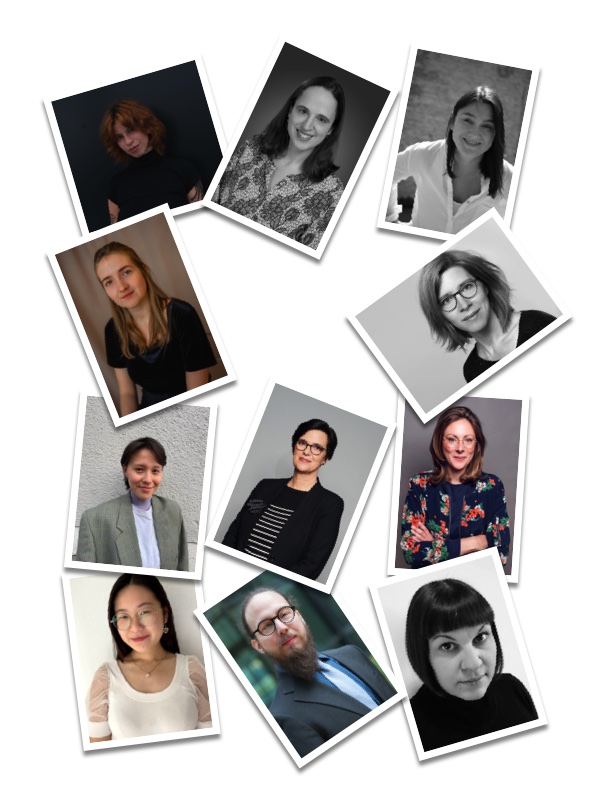Our Team´s Profile
Gender – a dubious social fact
Is gender difference a natural given? Or is everything a construction of sorts? How do men differ from women? Does it even matter for our living experience? Aren't women and men always much more than women and men – and can this „more“ be separated from their gender? Is society structurally gendered, i.e. do gender-regimes structure society? Has it always been like this? Is it like this everywhere? What does gender mainstreaming mean? What are the positions of queer theory? And finally, how does all of this relate to feminism and the critique of power structures?
More on the notion of gender (PDF 260 KB)
The chair of general sociology/gender studies invites you to think about these questions – and much more! - in a sociological way.
The focus of the field is on gender in a framework of subject(-ivation), bodies/embodiments, discourses and practices. Gender is understood as constituted as well as constructed, i.e. as emerging qua particular life-world practices in self-contained structures. In our team, research on gender mostly implies qualitative methodologies. In general, we assume that gender issues are social issues. So while gender studies have a stand-alone profile, they also constitute a paradigm for general questions of sociology.
Our current theoretical and empirical research topics are:
Gender, society and …
- Bodies (beauty, fitness, sports, cosmetic surgery, dance, optimization, nutrition, technologies of cyborgization, self-tracking etc.)
- Work and care (e.g.. career paths, gender specific aspects of wage labor, masculinities and labor, career biographies, etc.)
- Practices / praxeologies
- Biopolitics (e.g. reproductive medicine, pregnancy / birth etc.)
- (Pop-)culture (e.g. pornographization, intersectional dimensions of popular culture, for example in clips, protest and pop etc.)
- Nature (constructions and perceptions of nature as a social construct, the history of gender difference etc.)
- Ethics (e.g. vulnerability as an aspect of subjectivation, technologized self-relationships, biopolitical decisions …)
- Politics (e.g. 'anti-genderism', masculinites and femininities in political parties, women's movements etc.)
The intellectual exchange with other disciplines is a systematic part of our work; at the moment, this includes cultural studies, postcolonial studies, gouvernementality studies, literature and media studies and the critical analysis of biopolitics in transdisciplinary constellations. Current projects focus on gender and care (Gender und Care), fitness and nutrition (Fitness und Ernährung), "social freezing", spatial aspects of gender (Raum und Geschlecht) or family and recognition.
Finally, a further focus of our work is on the stronger connectedness and institutionalization (see link) of gender studies in German speaking countries, especially in Bavaria and at LMU München. International cooperations are part and parcel of our work, as is the cooperation with associations such as the DGS (German Sociological Society).
In this lecture (PM3, 19 MB, German), you will find an overview of our research interests. In this section, you will find various contributions from the field of gender studies.
Translation by Bernhard Pirkl


